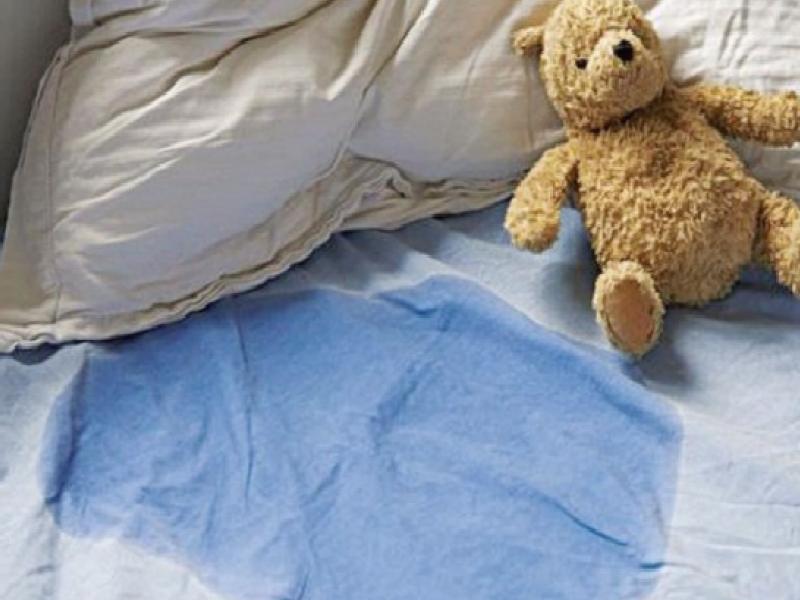The problem of bedwetting in children is one of the issues that parents worry about and are uncomfortable with. Children usually learn to hold their pee at the end of the age of 3. Bedwetting problems gradually decrease as they get older. However, about the continuation of the problem, we should consider the possibility of the child’s physiological development or psychological problems. Against the problem, it is useful to get expert support. Toilet training is one of the most critical periods between personality development and life stages.
Physiological Causes of Under-Soaking in Children
- If the parents of children who wet the bed have a late toilet habit in their past, the same situation is seen in their children through heredity.
- There may be a problem with the child’s muscular systems.
- Bedwetting is also seen in central nervous system, kidney and urinary tract disorders.
- It is seen when children drink a lot of water or go to bed without removing their toilet when they are very tired.

Psychological Causes
- Psychological problems are usually related to the stresses experienced by the child. As a result of the changes that occur after the child’s traumatic life, it causes bedwetting.
- It may be due to the jealousy he has with his brother. Because they want the attention and love shown to the younger sibling, and when they want to draw attention to themselves, they talk like babies, and when they want to get satisfaction from the bottle, there are flashbacks that show behaviors such as peeing.
- The root of the problem lies in the problems of emotional origin. Indifference towards the child, unloving approaches or excessive care are the causes of bedwetting.
- Children who have been subjected to pressure and violence during the toilet training stage do not want to go to the toilet and want to wet their bottom.
Ways to Prevent Sub-Soaking
- The source of the problem must be identified. If it is caused by biological reasons, medical treatment should be sought.
- When the child wets the bed, the child should not be insulted, labeled or blamed. This happened outside of their control.
- Unnecessary pressure on the child should be reduced and removed.
- Overly meticulous attitudes should be avoided.
- In families with more than one child, parents should show equal attention to their children.
- The most tiring and affecting situations for children are negative behaviors and communication. Distorted explanations and explaining the problem to the child in a language they cannot understand is quite wrong.
- When he goes to the toilet regularly or when his diaper is dry, it is necessary to make him feel valuable with words of praise.
- Rewarding the child for using the toilet during the learning phase of toilet training should motivate the child.
- It should be started when the child’s readiness level is high, waiting for the child to mature to give toilet training.
- If the child has a problem with the toilets of the school, he or she should be supported and helped to solve the problem.
- If emotional and psychological problems cannot be resolved, it is useful to seek support from a child psychologist or play therapist.

Briefly; When the child misses, it is necessary to be approached with patience and fortitude. We should definitely not stamp or label. It should focus on solving the problem by reducing the pressure on it. Do not despair, look for the problem with your child.
Stay healthy and marginal.

Psychological Counselor Ökkeş Gümüşoluk

